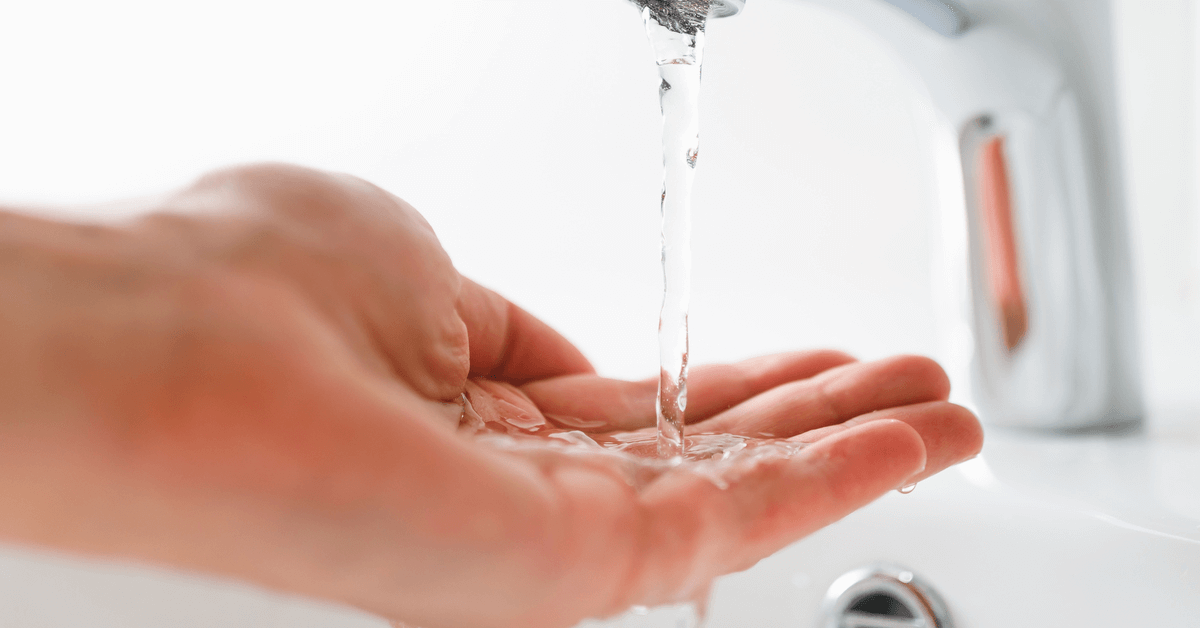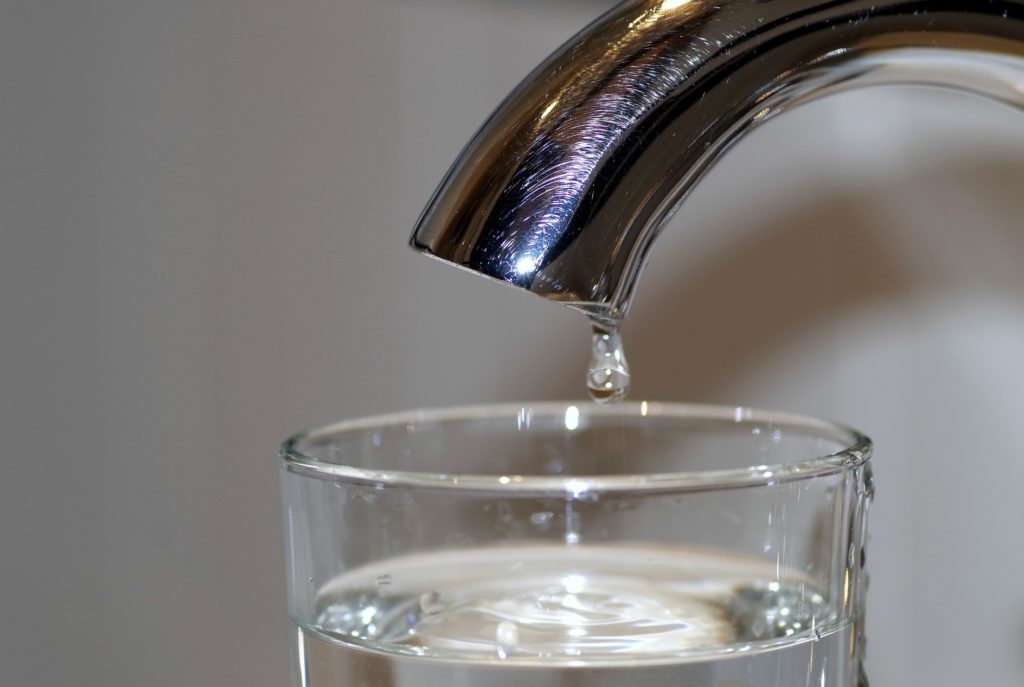Just how do you really feel about 4 Ways to Troubleshoot Low Water Pressure?

Low tide pressure in your home can be a discouraging trouble, affecting every little thing from bathing to cleaning meals. If you're experiencing weak water flow, there are several feasible reasons and remedies to explore. In this overview, we'll talk about typical reasons for low tide stress and practical actions to address the issue successfully.
Introduction to Low Water Stress
Low tide stress happens when the circulation of water from your taps, showers, and various other components is weak than normal. This can make everyday jobs more tough and much less effective. Comprehending the root causes of low water pressure is critical to discovering the appropriate remedy.
Usual Reasons For Low Tide Stress
Faulty Pressure Regulatory Authorities
Pressure regulators are responsible for keeping consistent water pressure in your home. If they malfunction, it can lead to low water stress or irregular circulation throughout the house.
Local Water Issues
Often, the issue exists outside your home. Community water issues, such as main line leakages or maintenance job, can temporarily minimize water stress in your area.
Pipeline Obstructions
Gradually, pipes can end up being blocked with mineral deposits, debris, or debris, limiting the flow of water. This is a common concern in older homes with galvanized steel pipes.
Rust
Deterioration within pipelines can cause leaks and lowered water pressure. Rust accumulation can restrict water flow, specifically in maturing plumbing systems.
Exactly How to Detect Low Tide Stress
Checking Pipes
Examine noticeable pipelines for indications of leaks, deterioration, or blockages. Take note of any unusual noises, such as knocking or rattling pipelines, which might indicate problems within the plumbing system.
Consulting with a Plumber
If you're unable to identify the reason for low tide pressure, take into consideration employing an expert plumber to perform a comprehensive examination. They can recognize underlying problems and recommend ideal services.
Inspecting Faucets and Components
Start by examining the water pressure at various faucets and fixtures throughout your home. If the concern is isolated to certain areas, it might indicate local problems.
DIY Solutions to Fix Low Tide Pressure
Flushing Water Heater
Debris buildup in the hot water heater can limit flow and lower efficiency. Purging the tank occasionally aids eliminate sediment and preserve optimal efficiency.
Checking Pressure Regulatory Authority
Ensure that the stress regulator is operating appropriately. Changing or changing the regulatory authority can help bring back proper water pressure throughout your home.
Cleansing Aerators and Showerheads
Natural resources can collect in aerators and showerheads, lowering water flow. Eliminate and cleanse these components routinely to boost water pressure.
Clearing Up Clogs in Pipeline
For minor clogs, attempt using a plumbing serpent or chemical drainpipe cleaner to clear blockages in pipes. Beware when utilizing chemicals and comply with safety guidelines.
When to Call a Specialist Plumber
If DIY efforts fail to deal with the concern or if you suspect substantial plumbing problems, it's ideal to seek aid from a certified plumber. They have the experience and devices to attend to complex concerns securely and properly.
Preventive Measures to Preserve Water Stress
Setting Up a Stress Booster
Think about installing a stress booster pump to boost water stress in areas with continually low circulation. This can be particularly helpful for multi-story homes or homes with high-demand components.
Tracking Water Use
Be mindful of water use practices and prevent overtaxing the plumbing system. Simple changes, such as astonishing showers and washing loads, can assist preserve adequate water pressure.
Routine Upkeep
Set up regular maintenance for your plumbing system to avoid issues such as corrosion, leaks, and obstructions. Attending to small troubles early can assist prevent even more considerable repair work later on.
Conclusion
Handling low water stress can be aggravating, yet determining the underlying reasons and executing proper options can restore optimum circulation throughout your home. Whether it's cleaning aerators, inspecting pipelines, or speaking with a plumber, taking positive steps can ensure a steady supply of water for your day-to-day needs.
HOW TO FIX LOW WATER PRESSURE IN YOUR HOUSE (EXPERT GUIDE)
The morning shower lacking any real pressure? Bathtub taking hours to fill? Or maybe you’re dissatisfied with the inadequate performance from your combi boiler?
Then you, like millions of others across the UK, might be experiencing low water pressure.
Fortunately, the good news is that you don’t have to continue living this way. The cause of low water pressure in the home is often quite simple, and you may not even require a plumber to fix the problem.
What causes low water pressure in the house?
If you are experiencing issues with water pressure throughout your home, then you may have one of the problems outlined below.
Most of these problems can be fixed quite easily, but for others, you may need to contact a plumber.
Obstructed Shutoff Valve
If you’ve just bought a new home or recently had building work conducted on your property, there is a chance that your water valves were not fully opened.
If the water valve is partially closed, then you may be restricting the amount of water entering your home. To fix this, simply ensure the valve is fully open.
If the valve appears fully open but you are still encountering reduced water pressure, then the valve may be broken. If this is the case, do not under any circumstances try to fix it without proper training.
Often found under your kitchen sink, a water valve will usually look like a bright yellow handle.
Again, if you believe the water valve is broken, contact a plumber immediately.
Leaks in Your Water Pipes
Leaks are the worst-case scenario when it comes to low water pressure.
If the water pipes are damaged, then this will cause low water pressure, as not all the water will make it to your taps.
After you’ve checked to see if the valve is fully open, you can conduct a leak check of your home. Now, this may seem scary, but it is actually quite simple.
Clogged Water Pipes
Clogged water pipes are one of the most common causes of low water pressure.
These clogs usually build-up when your home is supplied water via iron pipes. Iron is particularly vulnerable to rusting which can then break off and cause an obstruction within your system. You also face the problem of things like dirt, gravel or sand entering creating mineral deposits which further block water flowing from the mains water supply.
Unfortunately, if you suspect that clogged pipes may be restricting your water supply, then you will need to contact a plumber.
In this situation, you will either need to have your pipes removed and cleaned or in more severe cases, you could require a new set of water pipes.
Designer Taps
Designer taps look fantastic, but are they built to be efficient in your plumbing system? Modern taps are built for modern homes and they often have lower flow rates that are specifically designed for use within high-pressure systems.
Install a Water Pressure Booster Pump
If the issue is simply that the mains water pressure supply is too low, the simplest fix is to invest in a booster pump. Found in homes of all shapes and sizes, booster pumps are a relatively cheap option to add extra pressure to your home.
Designed to increase water pressure by passing water into the pump from your mains supply and then ejecting it into your home water system at a higher pressure, a booster pump is a truly simple and effective solution to increasing water pressure.
https://www.anchorpumps.com/blog/the-plumbers-guide-to-fixing-low-water-pressure/

Do you enjoy reading up on ? Make a comment down the page. We would be pleased to find out your responses about this write up. We hope that you visit us again before long. Sharing is nice. You won't know, you may just be helping someone out. We appreciate your readership.
Visit